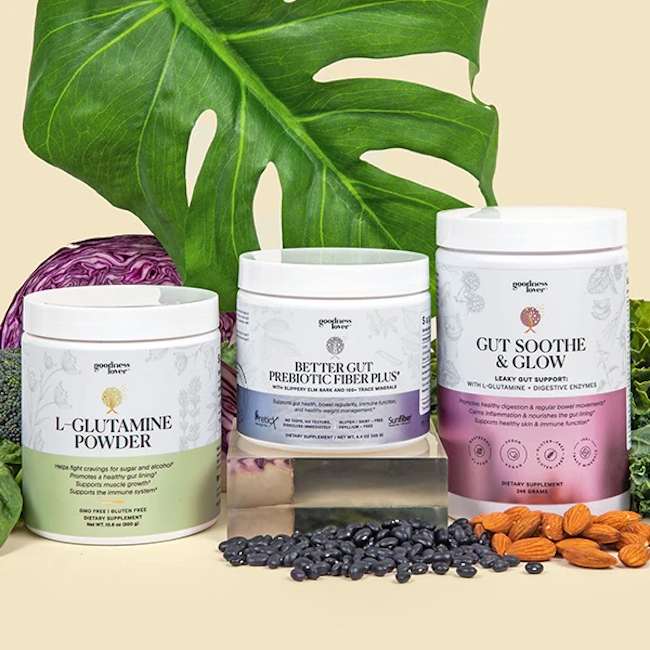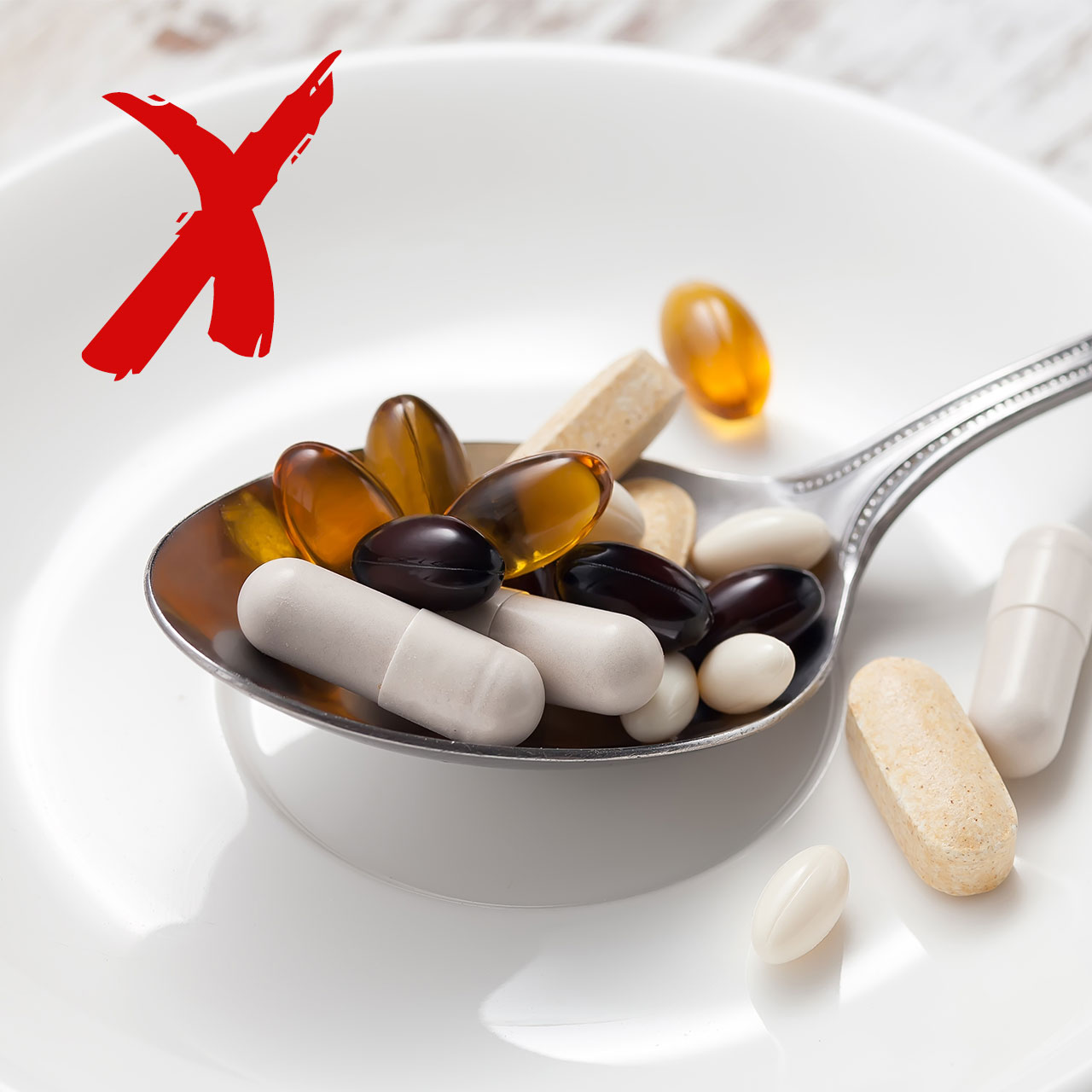This story has been updated since it was originally posted on 05/04/24 to include additional information
There’s a supplement on the market for just about anything you can think of these days, from weight loss to better sleep to a healthier brain. However, it’s important to remember that while supplements are typically a great way to make up for any nutrients you’re not getting directly from the foods you eat, they can also come with hidden risks. In fact, many of them can put your health and safety at risk if consumed in high doses or combined with other medications.
To shed some light on a few potentially dangerous options you should be aware of, we checked in with experts HaVy Ngo-Hamilton, Pharm.D.; Jesse Feder, RDN, CPT, registered nutritionist; and Lisa Richards, nutritionist and creator of the Candida Diet. We also pulled some insight from Dr. Charles, who recently took to TikTok to share his own warnings. Find all of their expert advice below.

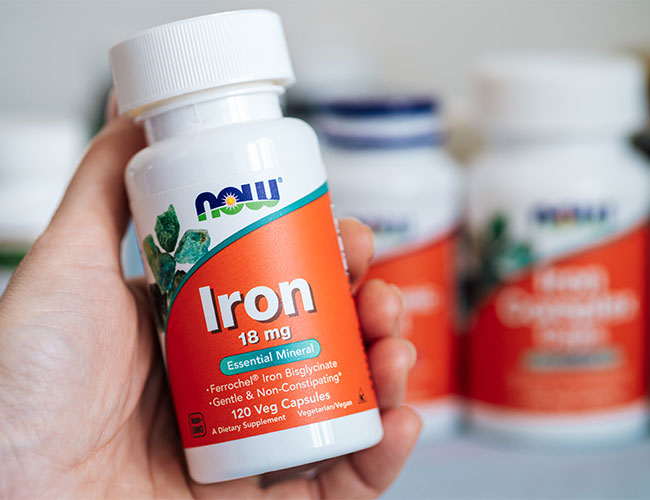
1. Too much iron could harm your heart
Iron is an essential mineral crucial for transporting oxygen in the blood. However, Dr. Charles cautions against supplementing with iron without proper guidance. "Unless your doctor specifically says to take iron, it can actually damage your heart," he emphasizes. Iron overload, known as hemochromatosis, can lead to serious health issues, including heart problems. Therefore, it's vital to consult with a healthcare professional before incorporating iron supplements into your routine. There are plenty of iron-rich foods to work into your diet to safely increase your iron intake in place of supplements.
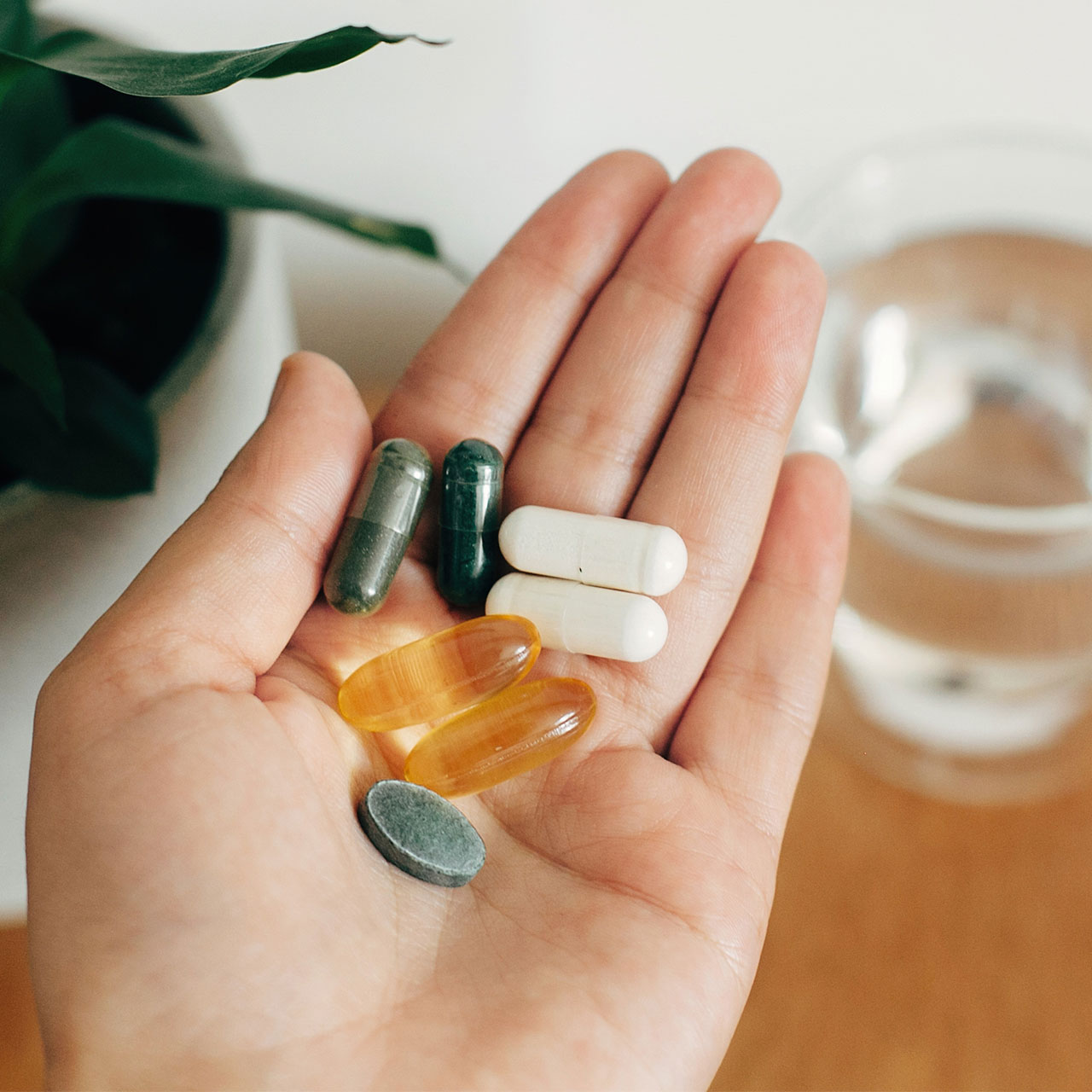
2. Vitamin A can damage your liver
Dr. Charles warns viewers about the popular belief that Vitamin A supplements can work wonders for the skin and eyes. Although Vitamin A is certainly an important nutrient, he highlights a darker side to excessive Vitamin A intake, which could be a result of supplementation. "People think it can help your skin and eyes, but it can actually build up in your body and cause liver damage," he cautions. While Vitamin A is essential for maintaining healthy skin and vision, excessive amounts from supplements can indeed lead to toxicity, affecting the liver and causing a range of health issues. Instead, it's best to get this vitamin directly from the foods you eat.
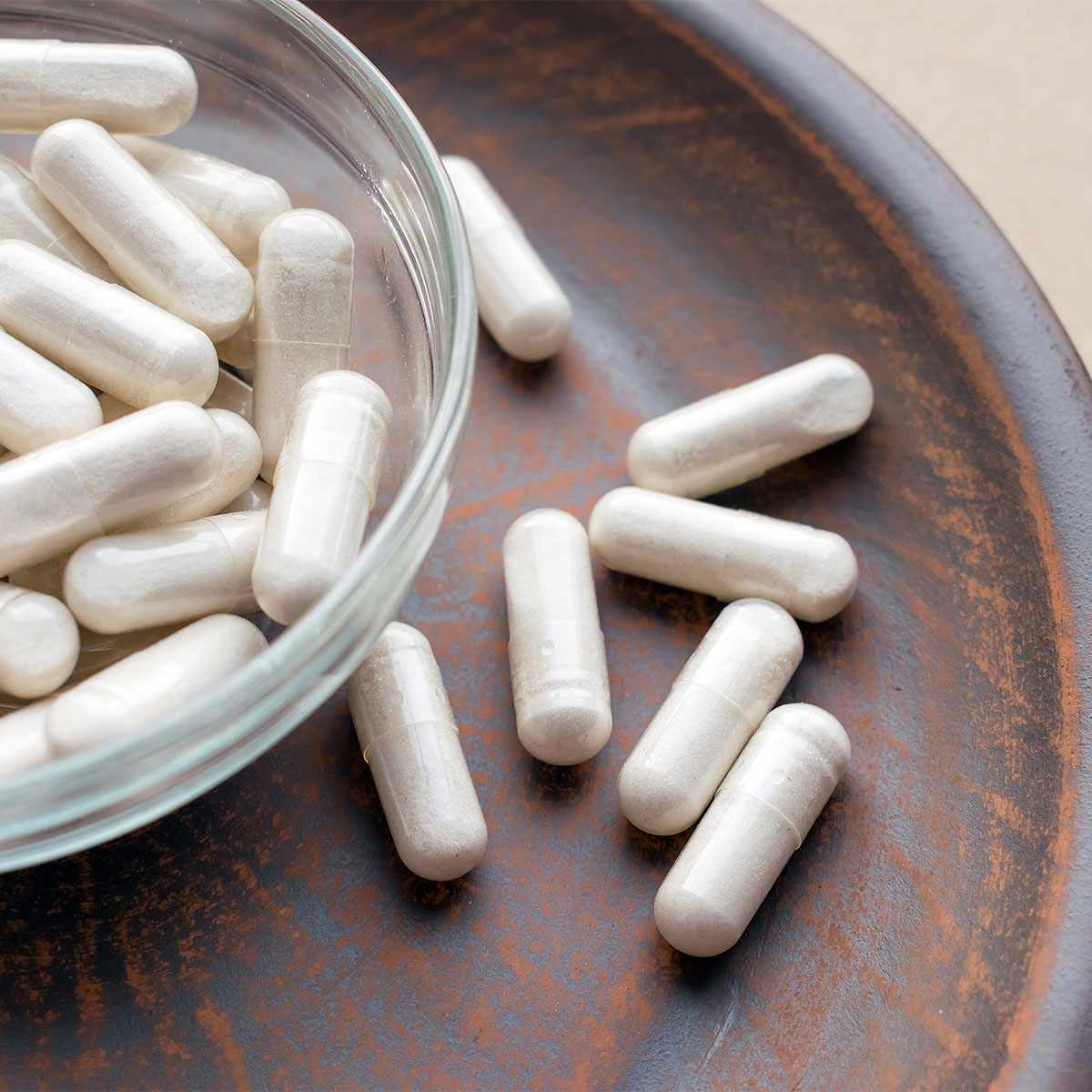
3. Kava can damage your kidney and liver
Kava is a popular anti-stress supplement that many people consume in order to bring a sense of calm to their brain and body. "Kava, which is typically consumed as a tea, is a supplement known to promote relaxation," Feder explains. Unfortunately, though, this relaxation could come with a risk; "Consuming kava regularly has been shown to affect enzyme and antioxidant activity in the liver which can lead to liver damage." Yikes!
On top of this, kava could also pose a risk to your kidneys. "Kava may decrease blood flow to the kidneys and cause increases in harmful metabolites which can also damage them," Feder warns.
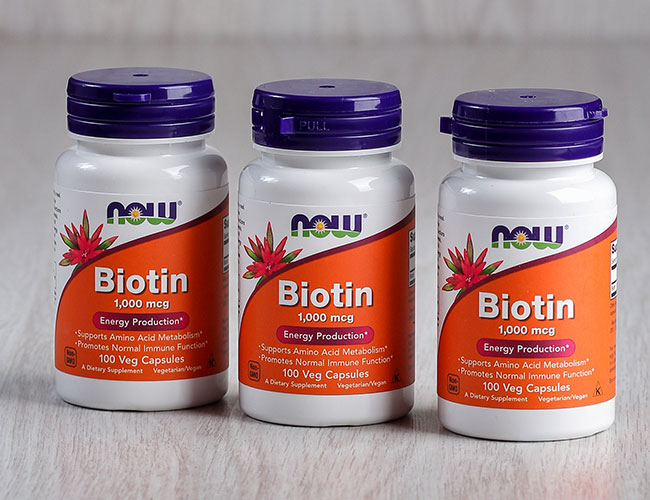
4. Biotin can interfere with lab tests
Many individuals turn to biotin supplements in the pursuit of healthier hair and nails. However, Dr. Charles gives a warning: "It can interfere with your lab tests, and you actually don’t need to supplement with this for your hair and nails." Indeed, biotin, a B-vitamin, is known for its role in promoting more beautiful locks and nails, but excessive biotin intake can skew laboratory test results, leading to misdiagnosis. In most cases, a balanced diet provides sufficient biotin, making supplementation unnecessary for many.
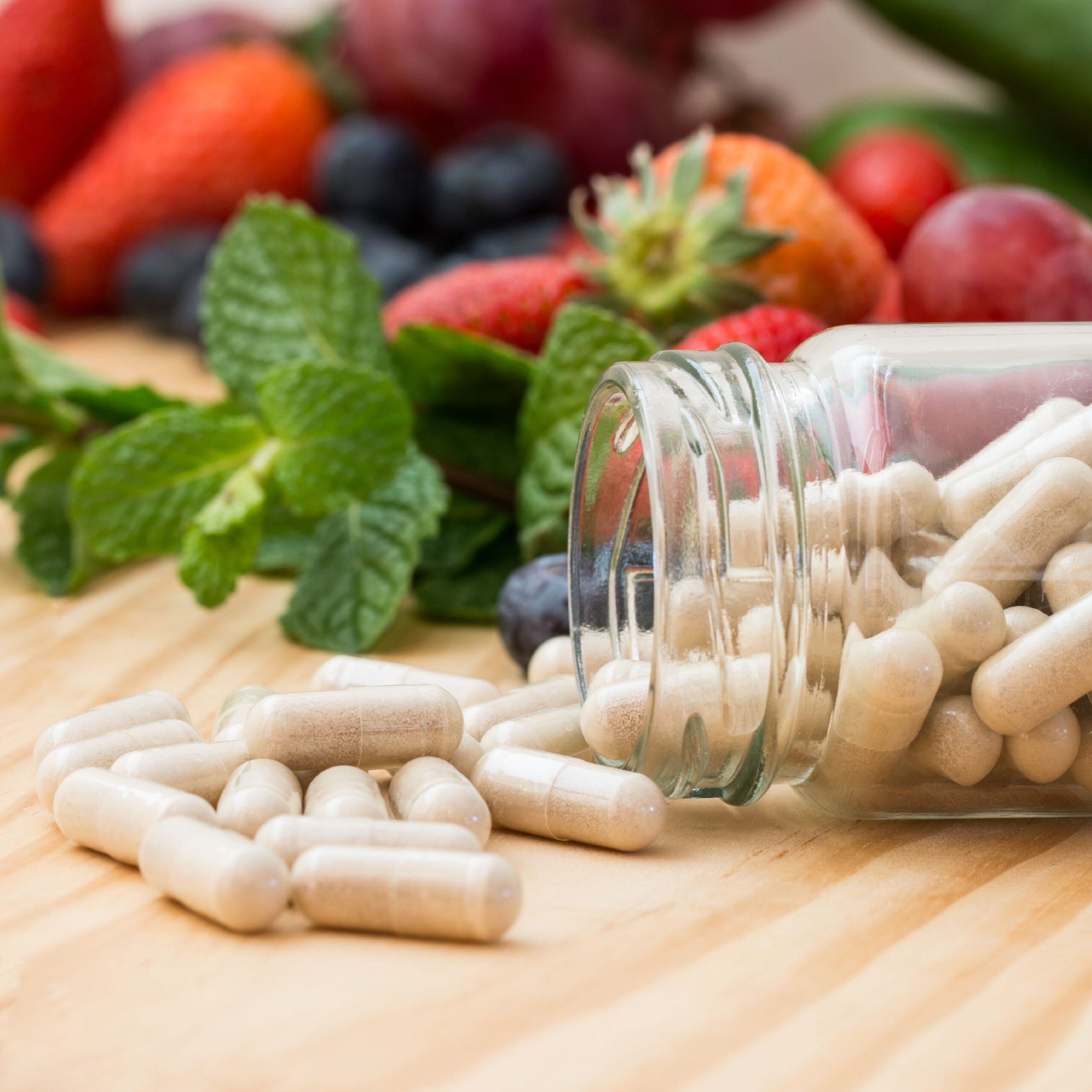
5. Excessive vitamin K/potassium can damage your heart
While potassium is essential for various bodily functions (including heart health) and a supplement can be helpful and perfectly safe in many instances, excessive levels can be detrimental—especially for those taking certain medications. "ACE (angiotensin-converting enzyme) inhibitors and angiotensin II receptor blockers (ARBs), approved to treat high blood pressure, may increase blood potassium levels by blocking aldosterone. Aldosterone is a hormone that is responsible for removing potassium through the urine," Ngo-Hamilton says, noting that "If you take any of these medications, you should avoid potassium supplements unless your doctor advises you to take them." Noted!
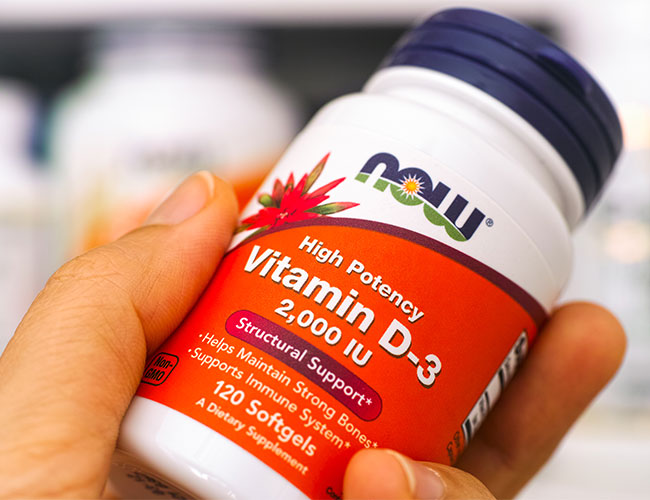
6. Excessive Vitamin D and Calcium can damage your heart
Deficiencies in vitamin D and calcium are prevalent, often stemming from inadequate sun exposure. Consequently, many turn to supplements to meet their nutritional needs. However, excessive intake of these nutrients may heighten the risk of cardiovascular diseases. HaVy Ngo-Hamilton warns, "Too much vitamin D and calcium can increase the risk of cardiovascular diseases, especially if these supplements are purchased from non-credible sources." Before incorporating these supplements into your routine, it's crucial to consult with your healthcare provider and assess your blood levels to determine if supplementation is necessary. When in doubt, getting these nutrients straight from the foods you eat is your best bet.
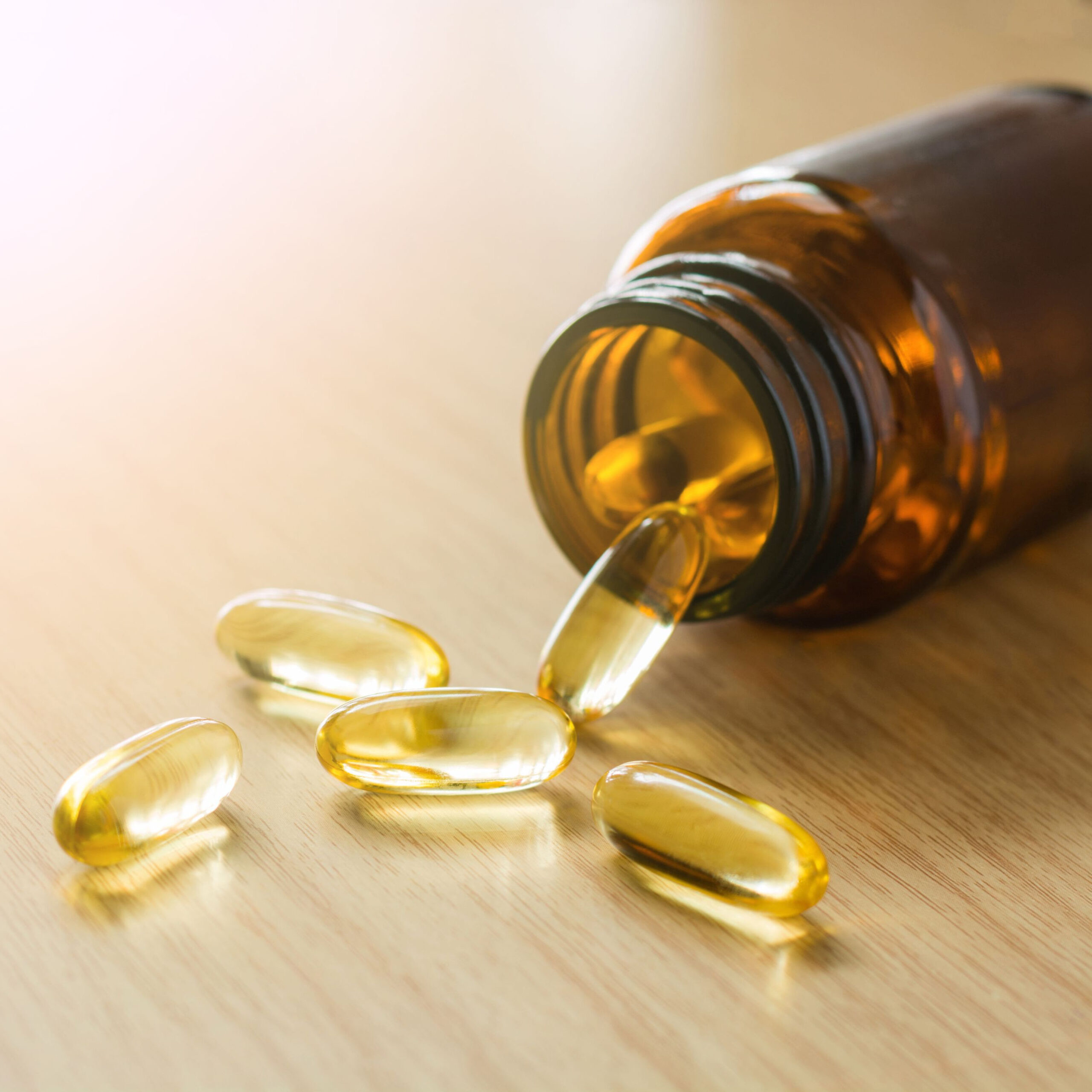
7. Omega-3 supplements can interfere with medications
Omega-3 fatty acids are renowned for their cardiovascular benefits, but their interaction with certain medications warrants caution. HaVy Ngo-Hamilton highlights the potential interaction with platelets, crucial blood cells involved in clotting. "If you are taking clopidogrel (Plavix) or Coumadin (warfarin), you should talk to your doctor before taking omega-3 supplements." It's essential to exercise caution, especially when combining supplements with prescription medications.

8. Comfrey can harm your kidneys
Comfrey contains pyrrolizidine alkaloids that are toxic to the liver and can also harm the kidneys. Dr. Rimas Geiga explains, "Prolonged use or high doses of comfrey can lead to liver damage and kidney toxicity." Instead of comfrey, explore alternatives like chamomile or calendula, which offer soothing properties without the risk of liver or kidney harm.





















